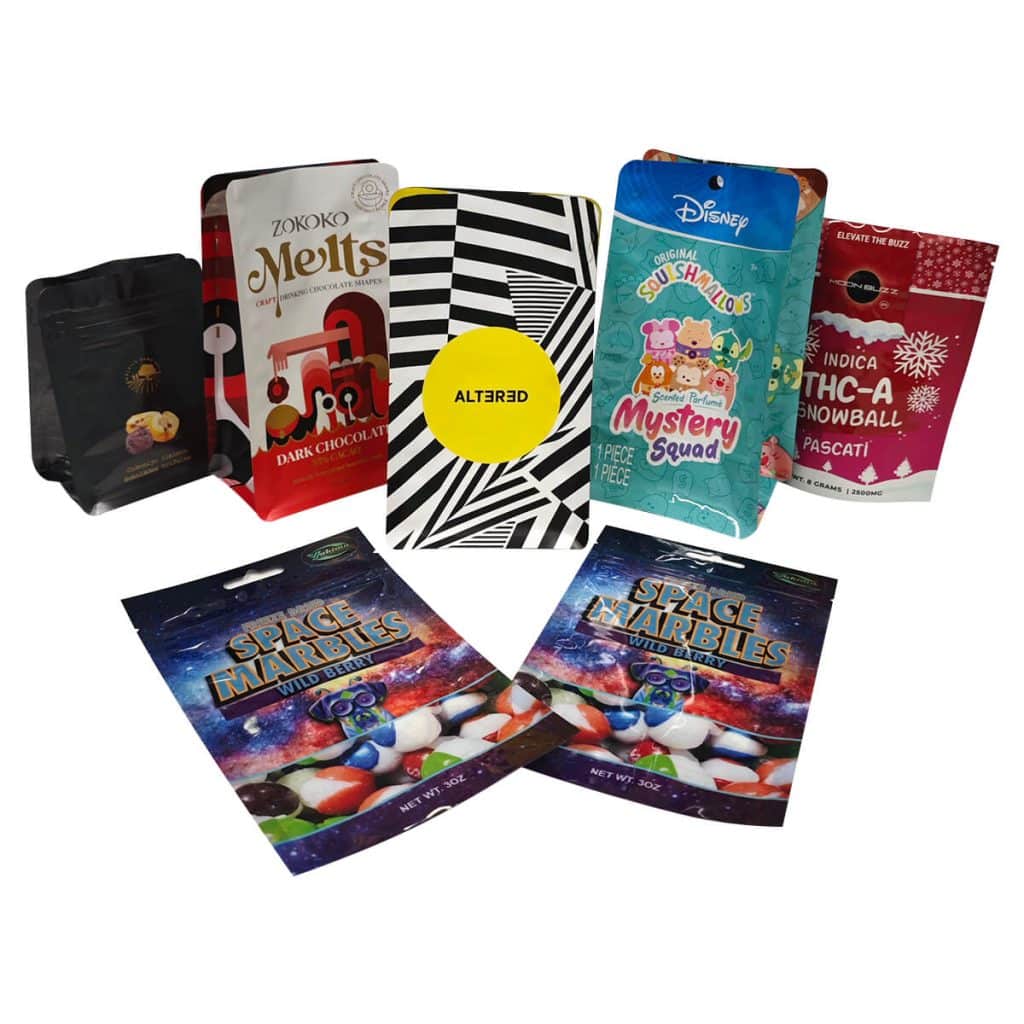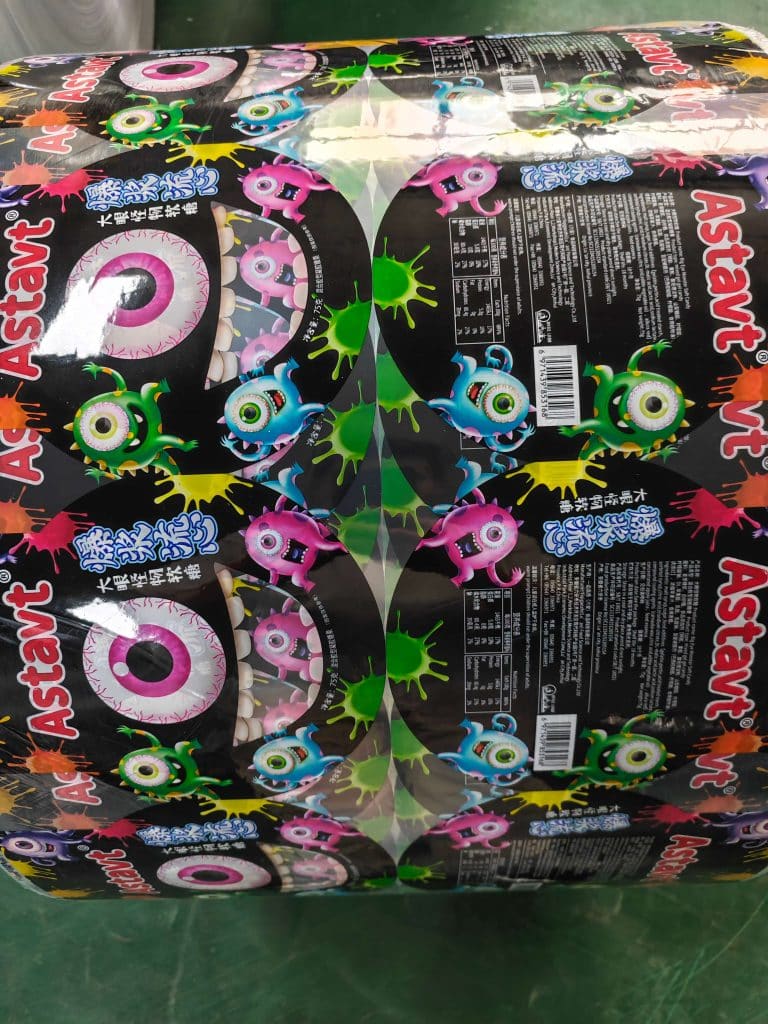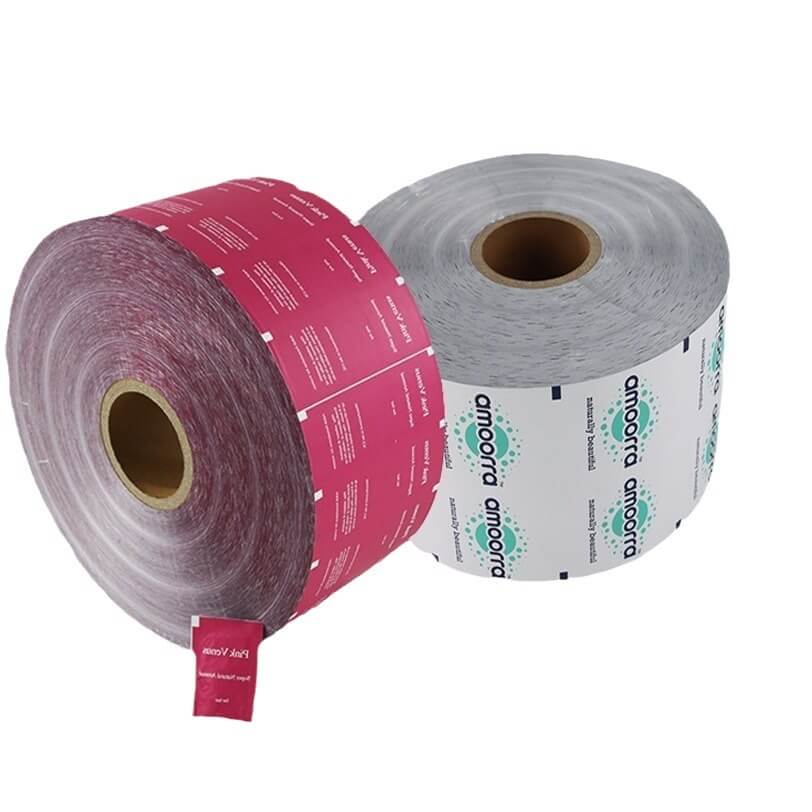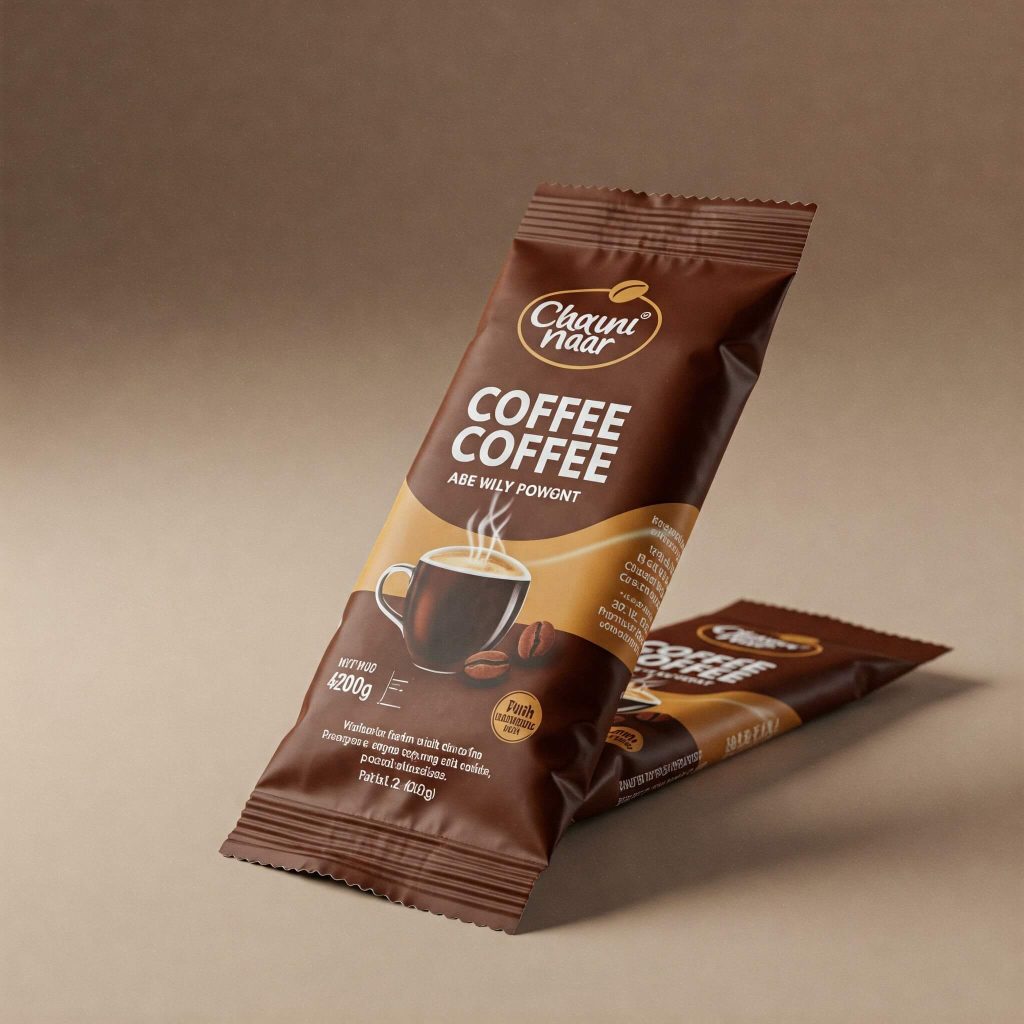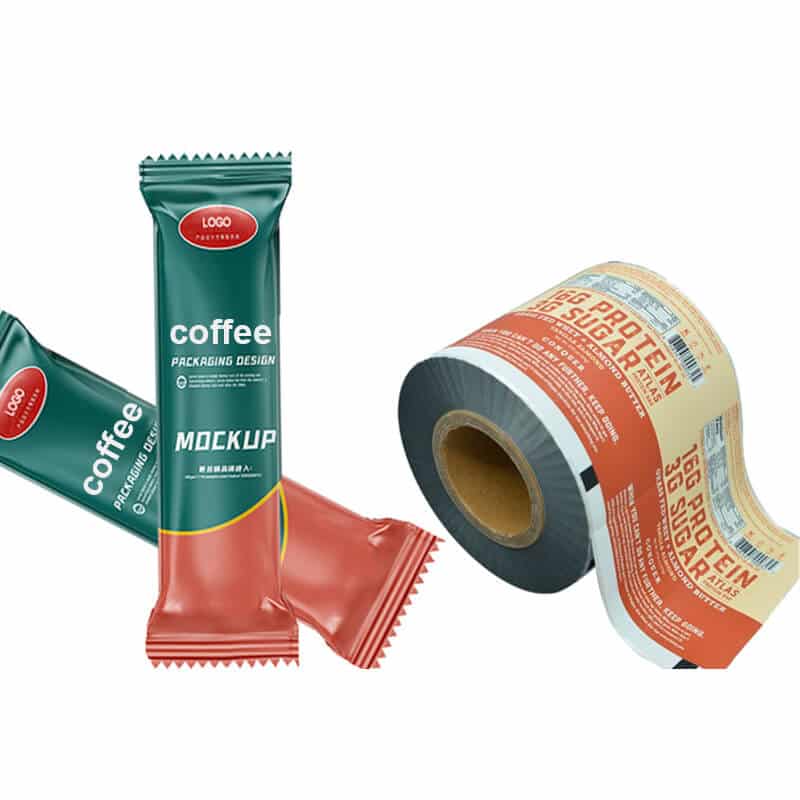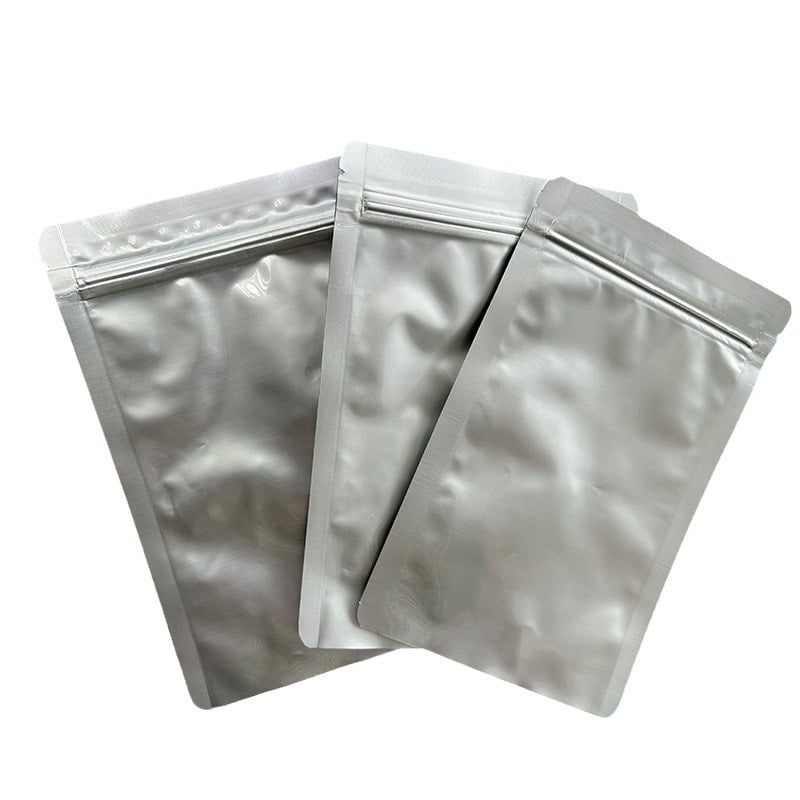Coffee stored in Mylar bags can last for a long time if properly sealed and stored. The shelf life of coffee can be extended by keeping it away from light, air, moisture, and heat.
Storage Conditions
When storing coffee in Mylar bags, it is essential to ensure that the bags are properly sealed to prevent air and moisture from getting in. Mylar bags are a material resistant to water, so they are a good choice for storing coffee. However, if the bags are not properly sealed, the coffee can still be exposed to air and moisture, which can cause it to lose its flavor and aroma over time.
The ideal storage temperature for coffee is between 50 and 60 degrees Fahrenheit, with a relative humidity of less than 60%. Exposure to temperatures above 75 degrees Fahrenheit or humidity above 70% can cause coffee to deteriorate quickly.
Shelf Life
Coffee stored in Mylar bags can last for several months, but the exact shelf life will depend on the type of coffee and the storage conditions. For example, whole-bean coffee can last up to 6 months, while ground coffee typically lasts for about 2 to 3 months.
To ensure that your coffee stays fresh for as long as possible, it is essential to check the expiration date on the packaging and to monitor the coffee’s aroma and flavor over time. If the coffee loses its aroma or taste, it is likely that it is no longer fresh and should be consumed or discarded.
Roast Date
It is essential to consider the roast date when storing coffee, as coffee will lose its freshness as soon as it is roasted. The best way to ensure that you are getting the freshest coffee possible is to buy roasted coffee within the past two weeks. Too far in advance, roasted coffee will lose its freshness before it is even packaged and shipped.
When purchasing coffee roasted more than two weeks ago, store it in an airtight container and consume it within 2-3 weeks.
In summary, coffee stored in Mylar bags can last for several months if properly sealed and stored in the right conditions. However, the exact shelf life will depend on the type of coffee and the storage conditions. It is essential to check the expiration date, monitor the coffee’s aroma and flavor over time, and consider the roast date to ensure that you are getting the freshest coffee possible.
Does Coffee Go Bad? How long is the shelf life of coffee?
Coffee, like many other food products, can go bad over time. The shelf life of coffee depends on several factors, including the type of coffee bean, the roasting process, and how it is stored.
Types of Coffee Beans
Different types of coffee beans have other shelf lives. Arabica beans, considered of higher quality and have a milder flavor, have a shorter shelf life than Robusta beans. Arabica beans are more delicate and susceptible to going bad quickly, while Robusta beans are hardier and can last longer.
Roasting Process
The roasting process also affects the shelf life of coffee. Lightly roasted coffee beans have a shorter shelf life than darkly roasted beans. This is because the roasting process removes moisture from the beans and dark roast beans have less water than light roast beans.
Storage
How coffee is stored also plays a role in its shelf life. Proper storage helps preserve the freshness and flavor of the coffee. Coffee should be stored in an airtight container in a cool, dry place, away from light and moisture. It’s also recommended to store the coffee in the freezer to keep it fresh for a more extended period.
Shelf Life
The shelf life of coffee can vary depending on the factors mentioned above. In general, whole-bean coffee can last up to two weeks after being roasted. Ground coffee has a shorter shelf life and should be used within a week of being ground. Instant coffee has the most extended shelf life and can last several months.
Conclusion
In general, coffee’s shelf life is relatively short, especially if it needs to be stored correctly. While it can last up to two weeks for whole beans and a week for ground, the best way to ensure freshness is to buy small coffee beans and grind them as needed. Also, storing the coffee in an airtight container in a cool, dry place and keeping it in the freezer can help preserve its freshness and flavor.
How to Store Coffee Long Term
Storing coffee long-term is essential for maintaining its freshness and flavor. Here are some tips for adequately keeping coffee to ensure it stays fresh for as long as possible:
1 Avoid Exposure to Air, Light, and Moisture
Coffee beans are sensitive to temperature, humidity, and light changes, which can cause them to lose flavor and aroma. To prevent this, store coffee beans in an airtight container in a cool, dark, and dry place. This will help to preserve the coffee’s flavor and aroma for longer.
2 Use a Vacuum-Sealed Bag
Vacuum-sealed bags are a great way to store coffee long-term because they remove all the air from the bag, which prevents the coffee from oxidizing. This will help to keep the coffee fresh for longer.
3 Keep it in the Freezer
Keeping coffee in the Freezer can help to preserve its freshness. Coffee beans should be kept in a vacuum-sealed bag or airtight container before freezing. It’s important to note that freezing coffee can change its flavor and aroma, so it’s best to use frozen coffee within a few months.
4 Keep the Right Amount
It is essential to store the right amount of coffee beans you will consume in a short period to avoid ending up with stale coffee.
5 Check the Expiration Date
Coffee beans can only go right if stored for a short time. To ensure that your coffee is fresh, always check the expiration date before buying and use it before that date.
By following these tips, you can ensure that your coffee stays fresh and flavorful for as long as possible. Always store your coffee in an airtight container, in a cool, dark, and dry place, and use it before the expiration date.
How Should You Store Coffee in Mylar Bags?
Storing coffee in Mylar bags is a great way to keep the beans fresh and flavorful for an extended period. Here is a detailed guide on properly storing coffee in Mylar bags.
Preparation
Before storing the coffee in Mylar bags, it is essential to prepare the beans properly. This includes roasting the beans to the desired level of darkness and allowing them to cool completely. Once cooled, the beans should be ground or left whole, depending on personal preference.
Choosing the Right Mylar Bag
When selecting Mylar bags for storing coffee, it is essential to choose bags that are food-grade and have a high barrier to protect against light, air, and moisture. The bags should also have a valve or a one-way degassing valve, which allows for releasing the coffee’s natural gases without letting in any outside air.
Filling the Mylar Bag
Once the Mylar bag is chosen, it is essential to fill it appropriately. The coffee should be placed in the bag, removing as much air as possible before sealing the bag. A vacuum sealer or a straw can be used to remove the air.
Storing the Coffee
The coffee should be stored in a cool, dry place, away from light, heat, and moisture. The ideal storage temperature is between 60-70°F (15-21°C), and humidity should be below 60%. Avoid storing coffee near other strong-smelling foods, as the coffee will absorb the odors.
Checking the Freshness
It is essential to check the coffee’s freshness regularly. The best way to do this is by smelling the coffee through the valve or opening the bag slightly. If the coffee smells stale or has lost its aroma, it is no longer fresh and should be used within a week.
Overall, storing coffee in Mylar bags is an effective way to keep the beans fresh for an extended period. By adequately preparing the beans, choosing the right Mylar bag, filling the load correctly, storing it in the right conditions, and regularly checking the freshness, you can enjoy a delicious cup of coffee for weeks to come.
What is the Best Way to Store Coffee long-term?
Storing coffee correctly is crucial to maintaining its flavor and freshness. Here are some tips for long-term storage of coffee:
“Airtight Container”
The most crucial factor in storing coffee is to keep it airtight. Oxygen is the enemy of coffee and can cause it to be stale quickly. An airtight container, such as a vacuum-sealed bag or a container with a tight-fitting lid, will help to preserve the coffee’s flavor and aroma.
“Dark and Cool Place”
Light, heat, and moisture can also have adverse effects on coffee. For this reason, it is best to store coffee in a cool, dark place such as a pantry or cupboard. Avoid storing it in the refrigerator or freezer, as the moisture can damage the beans.
“Whole Beans”
Coffee beans should always be stored whole, not ground. Once the beans are ground, they are exposed to more surface area, making them more susceptible to staling. If you need to hone your beans before brewing, only grind what you need for that specific brew.
“Use Within a Year”
Ideally, coffee should be used within a year of being roasted. The longer it sits, the more the flavor and aroma will deteriorate. Look for a roast date on the package and try to use the coffee within a year of that date.
“Avoiding Contaminants”
It’s also essential to keep your coffee beans away from other strong-smelling items, as they can absorb odors and flavors that will affect the taste of your coffee.
“Vacuum sealing”
A great way to store coffee long-term is to vacuum seal it. Vacuum sealing will remove all the air and preserve the coffee’s freshness and aroma.
In summary, to store coffee long-term, you should use an airtight container, store it in a calm and dark place, keep the beans whole, use it within a year of being roasted, avoid odors, and vacuum seal it if possible. By following these tips, you can ensure that your coffee stays fresh and flavorful for as long as possible.
How Long Does Roasted Coffee Last In A Vacuum-sealed Bag?
Roasted coffee beans can last several weeks to months if appropriately stored in a vacuum-sealed bag. However, the shelf life of coffee can be affected by several factors, including the roast date, storage conditions, and the type of coffee bean.
“Roast Date”
The roast date is the most critical factor in determining the shelf life of coffee. Coffee beans that have been recently roasted will have a much shorter shelf life than beans that have been roasted longer. In general, the fresher the coffee, the better the taste. Freshly roasted coffee should be consumed within two weeks of the roast date.
“Storage Conditions”
The second most important factor in determining the shelf life of coffee is the storage conditions. Coffee beans should be stored in a cool, dry place away from light, moisture, and other strong odors. Vacuum-sealed bags are an excellent option for coffee storage because they remove the air from the bag, slowing down the oxidation process and preserving the coffee’s freshness.
“Type of coffee Bean”
Different types of coffee beans have other shelf lives. Arabica beans, for example, have a shorter shelf life than Robusta beans. This is because Arabica beans are more delicate and are more susceptible to oxidation. Robusta beans, on the other hand, are hardier and can last longer.
“How to tell if the coffee has gone bad.”
Even if appropriately stored, coffee will eventually lose its freshness and taste. There are a few signs that can indicate if coffee has gone wrong. It should not be consumed if the coffee has a musty or moldy smell. If the coffee has a sour or acidic taste, it may have been exposed to oxygen or moisture and should also be discarded.
“Conclusion”
In summary, stored in a vacuum-sealed bag, roasted coffee beans can last for several weeks to several months. The shelf life of coffee is affected by several factors, including the roast date, storage conditions, and the type of coffee bean. To ensure that your coffee stays fresh and delicious, it is essential to pay attention to the roast date, store the coffee in a cool, dry place, and use vacuum-sealed bags. If you notice any signs of spoilage, discard the coffee immediately.
Should Ground Coffee Be Refrigerated After Opening?
Like many other types of food, Ground coffee can be stored in the refrigerator to extend its shelf life and maintain its freshness. However, there are a few things to remember when storing ground coffee in the fridge.
Factors That Affect Coffee Freshness
A few factors can affect the freshness of ground coffee, including exposure to air, light, heat, and humidity. When ground coffee is exposed to air, the oils in the coffee can oxidize, which can cause the coffee to lose its flavor and aroma. Light can also cause the coffee to lose its freshness, as the UV rays can break down the oils in the coffee. Heat can also cause the coffee to lose its freshness, as it can accelerate the oxidation process. Humidity can also affect the freshness of coffee, as it can cause the coffee to absorb moisture, leading to mold growth.
Storing Ground Coffee in the Refrigerator
When storing ground coffee in the refrigerator, it is essential to ensure that it is stored in an airtight container to minimize exposure to air. It is also necessary to ensure that the container is lightproof, as light can affect the freshness of the coffee. The container should also be moisture-proof, as humidity can affect the freshness of the coffee.
When storing ground coffee in the refrigerator, it’s best to use an opaque container or put the coffee in a bag to avoid light exposure.
It’s also important to note that storing ground coffee in the refrigerator can cause the coffee to absorb odors from other foods, so keeping the coffee in a separate container or bag is best.
Ground coffee stored in the refrigerator will last longer, up to 2 weeks.
Retrieval and Brewing
When retrieving your ground coffee from the refrigerator, it’s best to take it out of the fridge a few hours before you plan to brew it. This will allow the coffee to come to room temperature and will help to prevent any condensation from forming on the coffee. When brewing coffee stored in the refrigerator, it’s also essential to use fresh, cold water to brew the coffee.
Conclusion
Overall, storing ground coffee in the refrigerator can be an excellent way to extend its shelf life and maintain its freshness. However, it’s essential to keep the coffee in an airtight, lightproof, and moisture-proof container to minimize air, light, and humidity exposure. It’s also necessary to take the coffee out of the refrigerator a few hours before brewing it and use fresh, cold water to brew it.

